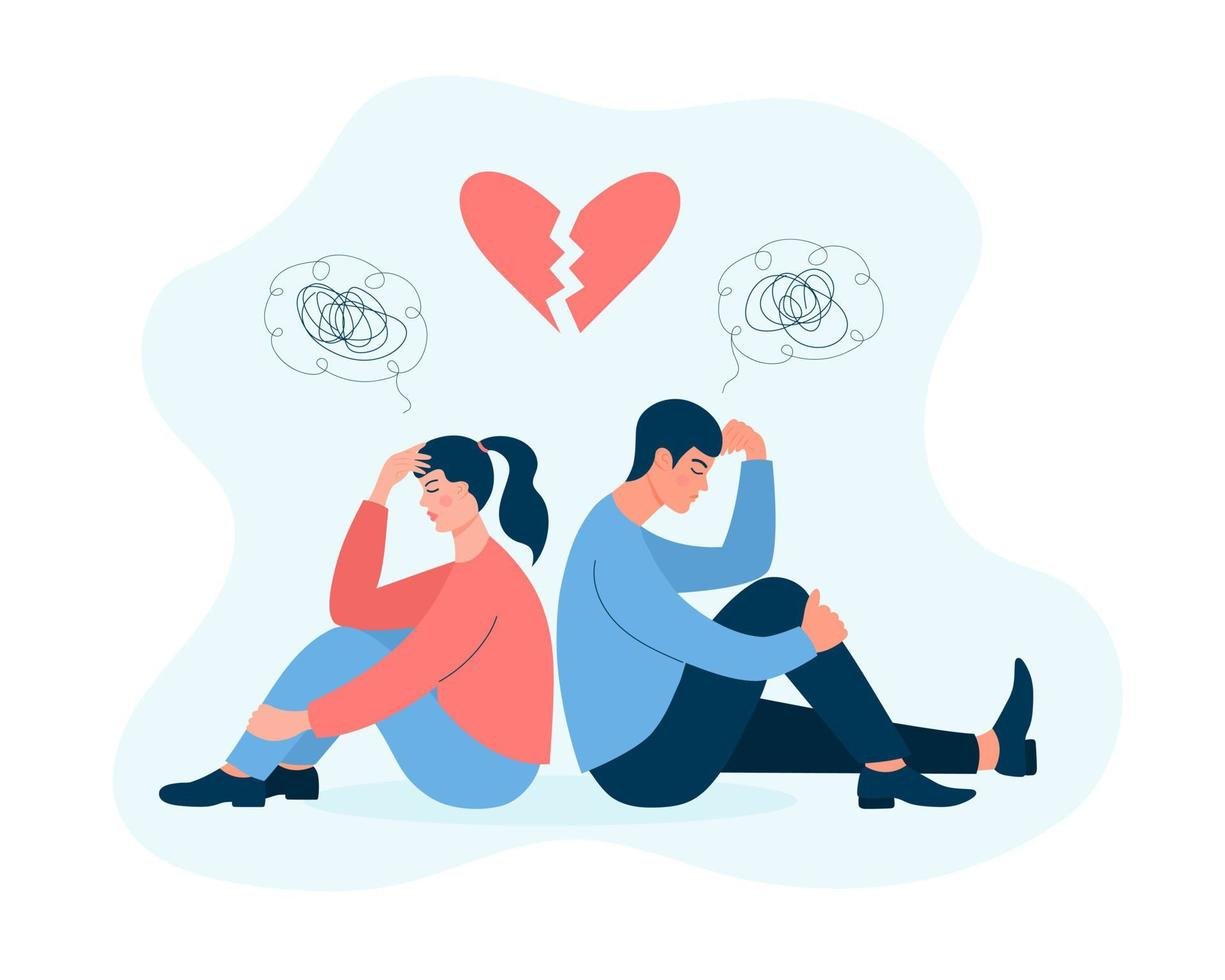I have suffered for a quite a long time with stress problem. It has caused me such problem that I had to consult with neurologists for a long period of time & am being prescribed with medication for more than 6 months. And the time I am writing this blog it’s already been 4 months.
I have suffered for quite a long time with stress problems. It has caused me such problems that I had to consult with neurologists for an extended period and have been prescribed medication for more than six months. At the time I am writing this blog, it has already been four months.
Before I started facing health problems, I never realized that I was driven by stress hormones. When it became severe, I experienced symptoms like head heaviness and dizziness, neck heaviness, nerve pain, nerve sensations, and forehead pain.
Today, I will talk about everything you need to know about stress hormones, their causes, remedies, and when to see a neurologist. Let’s get started.
How will you know if you’re affected by stress hormones?
At initial stage it is hard for anyone to recognise if someone is affected by stress hormones or not. Usually we don’t pay much attention to this problem though it is far more dangerous than we think. You’ll understand it only when it turns into a severe physical problem. Let’s talk about some physical, mental & behavioural symptoms of stress hormones.
Physical Symptoms
Increased Heart Rate and Blood Pressure
Muscle Tension and Pain
Digestive Issues. (Upset stomach, nausea, diarrhea, or constipation)
Sleep Problems (Insomnia, oversleep)
Waking up feeling tired despite getting enough sleep.
Weight Changes
Frequent Illness (Lowered immune function) etc.
Mental Symptoms
Anxiety and Nervousness (Panic attack, fear, unease)
Depression and Low Mood
Irritability and Anger
Difficulty Concentrating
Mood Swings
Behavioral Changes
Changes in Eating Habits. (Over eating or undereating, craving for sugary or high fat foods)
Social Withdrawal (Avoiding social interactions, Loss of interest in social activities )
Substance Use (Use of alcohol, tobacco, caffeine etc to control stress)
Procrastination and Avoidance (Time management difficulty, fear of taking responsibility)
What is Stress Hormone?
Stress hormones are chemicals released by the body in response to stress. The primary stress hormones include cortisol, adrenaline (epinephrine), and norepinephrine.
Cortisol
Cortisol hormone regulates metabolism, reduces inflammation, and controls the sleep cycle. When we need instant energy, this hormone increases the blood sugar level to provide instant energy.
When cortisol hormone levels are high, it can cause weight gain, high blood pressure, sleep cycle disturbance, and a weakened immune system.
Adrenaline
I guess we all have heard of an adrenaline rush. This hormone is also called the fight hormone. This hormone prepares the body to respond to stressful situations by increasing heart rate, expanding air passages in the lungs, and increasing blood flow to muscles.
A healthy amount of adrenaline rush is important for energy boosts and high awareness, but an excess amount of this hormone can also lead to anxiety, nervousness, and heart palpitations.
Norepinephrine
This hormone works together with adrenaline in times of excitement and helps maintain alertness and focus. High levels of norepinephrine can lead to restlessness, anxiety, and high blood pressure.

How do stress hormones affect your body and mental health?
Stress hormones do not only affect your mental health; they cause serious damage to your body as well. First of all, I will talk about the physical effects of stress hormones.
Physical Health
In my case, the excessive release of stress hormones caused me brain injury. It affected my brain so much that I had to suffer through an inhuman period of pain in the center of my brain. I had to go to the doctor about it. And I have been taking medication continuously for more than four months, and slowly it is healing. Stress hormones can cause brain injury without you realizing anything. You will start to feel the pain when the injury becomes more severe. In my case, at first, when I started experiencing headaches, I didn’t give much importance to them. I thought maybe it was normal and would heal by itself. I waited about 15 days, but it didn’t get better. Then I went to the doctor, shared everything, and she identified it as caused by stress.
I still didn’t give much importance to that. I thought I would get better in a few days. But I was wrong. I took medicine for about a month. It didn’t seem to improve. Then I went on several follow-ups, and the doctor told me to be patient. It didn’t happen suddenly. It developed day by day, so it will take time to get well.
Besides brain injury, stress hormones can cause other health problems like increased heart rate and blood pressure, hypertension, heart disease, and an increased risk of stroke. They can also increase the risk of type 2 diabetes, and continuous muscle tension can lead to headaches, back pain, and other musculoskeletal issues.
Mental Health
In the short term, stress hormones can make you feel more focused and alert, but in the long term, they make you anxious, easily burned out, and irritable. Chronic stress impairs cognitive functions, such as attention, memory, and problem-solving. High cortisol levels can damage the hippocampus, the brain region involved in learning and memory. Being under stress for a long time leads to sleep disorders, such as insomnia, which further exacerbates stress and health problems.
Managing and Reducing Stress Hormone Levels
In my case, I had to rely on medication to return to a normal life. I am still under medication. But to get rid of stress hormones naturally, you need to change your lifestyle. This is the best solution. Let’s share some tips about how to manage and reduce your stress hormone levels.
Change your lifestyle
Do physical activity. Physical activity increases the production of endorphins, which are natural mood lifters. Aim for at least 30 minutes of moderate exercise, such as walking, jogging, or yoga, most days of the week.
Eat plenty of fruits, vegetables, lean proteins, and whole grains. Avoid excessive caffeine, sugar, and processed foods. Eat foods that help regulate blood sugar levels.
Aim for 7-9 hours of sleep per night. Establish a regular sleep schedule and create a relaxing bedtime routine.
Relaxation Techniques
Practice mindfulness meditation, deep breathing exercises, or progressive muscle relaxation for 10-20 minutes daily. Do yoga or Tai Chi classes or follow them on YouTube tutorials.
Spend time with family and friends, join social groups, or participate in community activities. Engage yourself in hobbies like playing, reading books, writing journals, drawing, gardening, or anything you enjoy. Do things that make you forget about time and the whole world of other thinking. Always set small goals that are easy to achieve. A sense of achievement relaxes your body and removes stress. So, always break your goals into small parts so that they don’t seem hard to achieve.
Lastly, you can go to a psychologist or neurologist (if it is severe). Consult with a psychologist, counselor, or therapist to address chronic stress and develop personalized coping mechanisms. Discuss with your doctor if you really need any medicines or other solutions.
Lastly, I want to say, distance yourself from people and situations that give you unnecessary stress. Set boundaries, delegate tasks, and practice saying no to avoid overcommitment.












Hello would you mind stating which blog platform you’re using? I’m looking to start my own blog in the near future but I’m having a difficult time deciding between BlogEngine/Wordpress/B2evolution and Drupal. The reason I ask is because your layout seems different then most blogs and I’m looking for something completely unique. P.S My apologies for being off-topic but I had to ask!
We are using wordpress